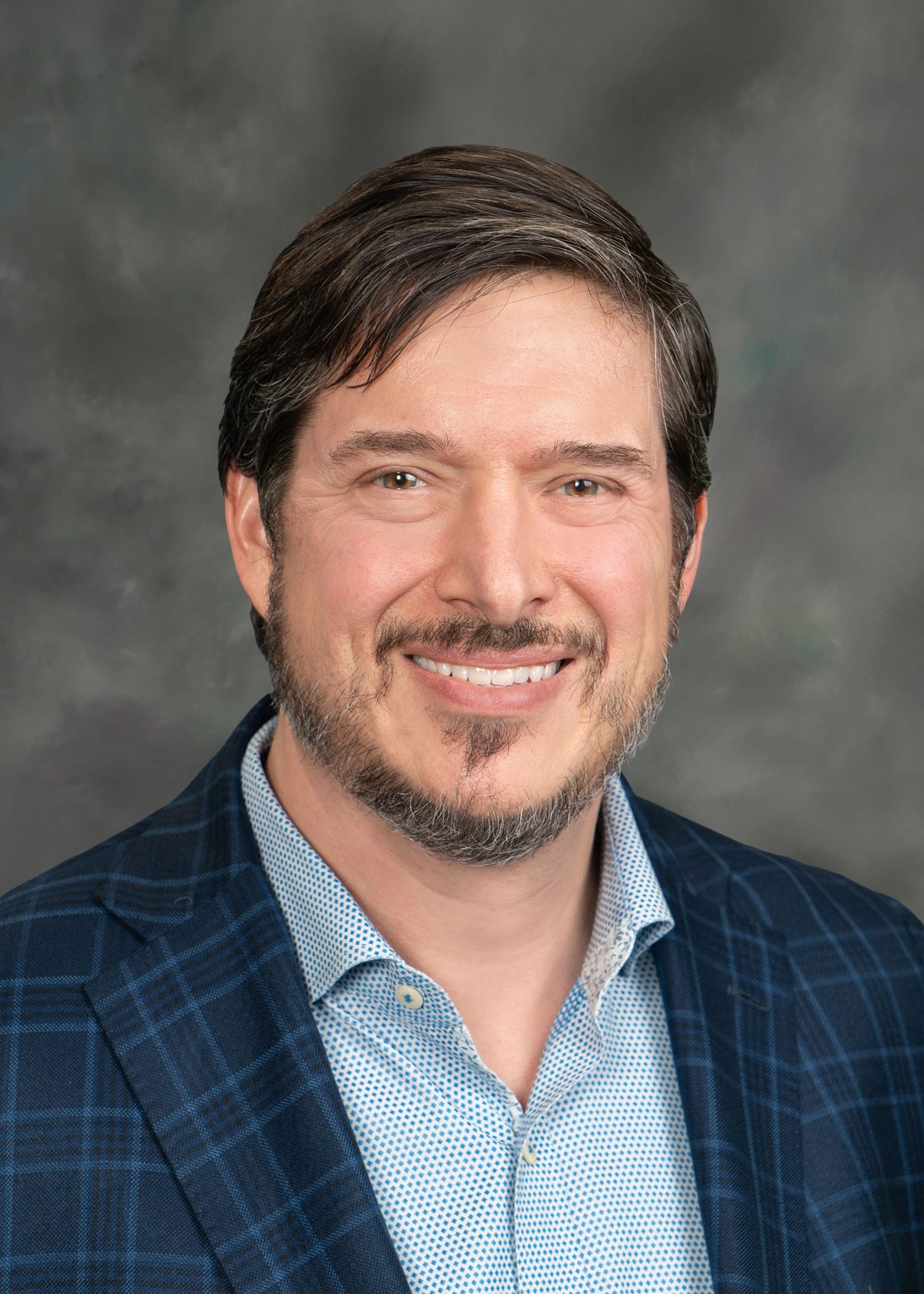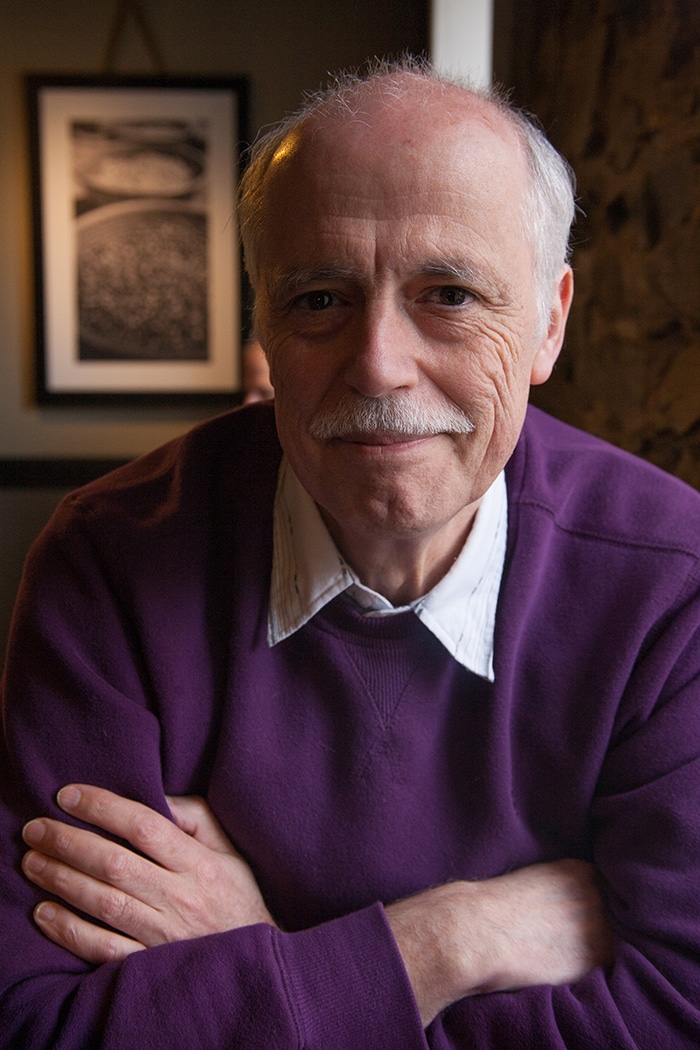
Not so very long ago, a medical researcher who chose to study aging was in some danger of committing career suicide. Gerontology was often associated with a dreary listing of physical and mental declines associated with old age.
Aging research reminded many people, including members of Congress, of the fruitless quest for an illusory fountain of youth. Or worse, it might be indistinguishable from the quacks, kooks and snake-oil hucksters who historically preyed on the gullible. In the 1980s gerontology certainly compared poorly to the excitement of molecular biology, just then coming into its own. Sure there were a few bright stars in the field. But most young scientists steered their careers toward more academically rewarding waters.
It didn’t help that in the mid-1980s the National Institute on Aging, the greatest source of funding for the field, ranked 10th out of 11 of the National Institutes of Health. The only lower priority that Congress had assigned NIH was dental research, and then not by much. Those days the AIDS crisis loomed large. Cancer and heart disease received the lion’s share of support from government, industry and foundations.
It was not a welcoming time to launch a non-profit group called the Alliance for Aging Research. Therefore it was especially important for scientific credibility that one of our first volunteer advisors to the Alliance was Dr. Joshua Lederberg.
Simply put, Josh Lederberg was one of the greatest scientists of the 20th century, as Dr. Phil Pizzo, dean of Stanford University’s school of medicine, said in eulogizing Lederberg who died on February 2 at the age of 82. In 1986, when Lederberg put his reputation in support of the Alliance and biogerontology, he was the well-established president of the prestigious Rockefeller University in New York. This was a man who graduated from Columbia University at age 19, was a Ph.D. at 22, and received the Nobel Prize at age 33 for discoveries in bacterial genetics, laying the foundations for molecular biology and biotechnology.
He made tremendous contributions to virology, microbiology, even space technology. He advised U.S. Presidents from Dwight Eisenhower to Bill Clinton on science, including the threat of biological warfare and the need for nuclear arms control.
A decade before his death, Josh Lederberg persuaded software magnate Larry Ellison, founder of Oracle Corporation, to set up a new foundation to fund the careers of promising biologists to study the fundamental processes of human aging. Ellison’s philanthropy, shaped by his close association with Lederberg, is nurturing and advancing scientific careers in biogerontology that will resonate for generations to come.
At his death, Josh Lederberg, who was honored with the Presidential Medal of Freedom and more, was cited for his many achievements. In this space we remember him for bringing respectability and credibility to human aging research, which may prove to be the most consequential life science of the 21st Century.





